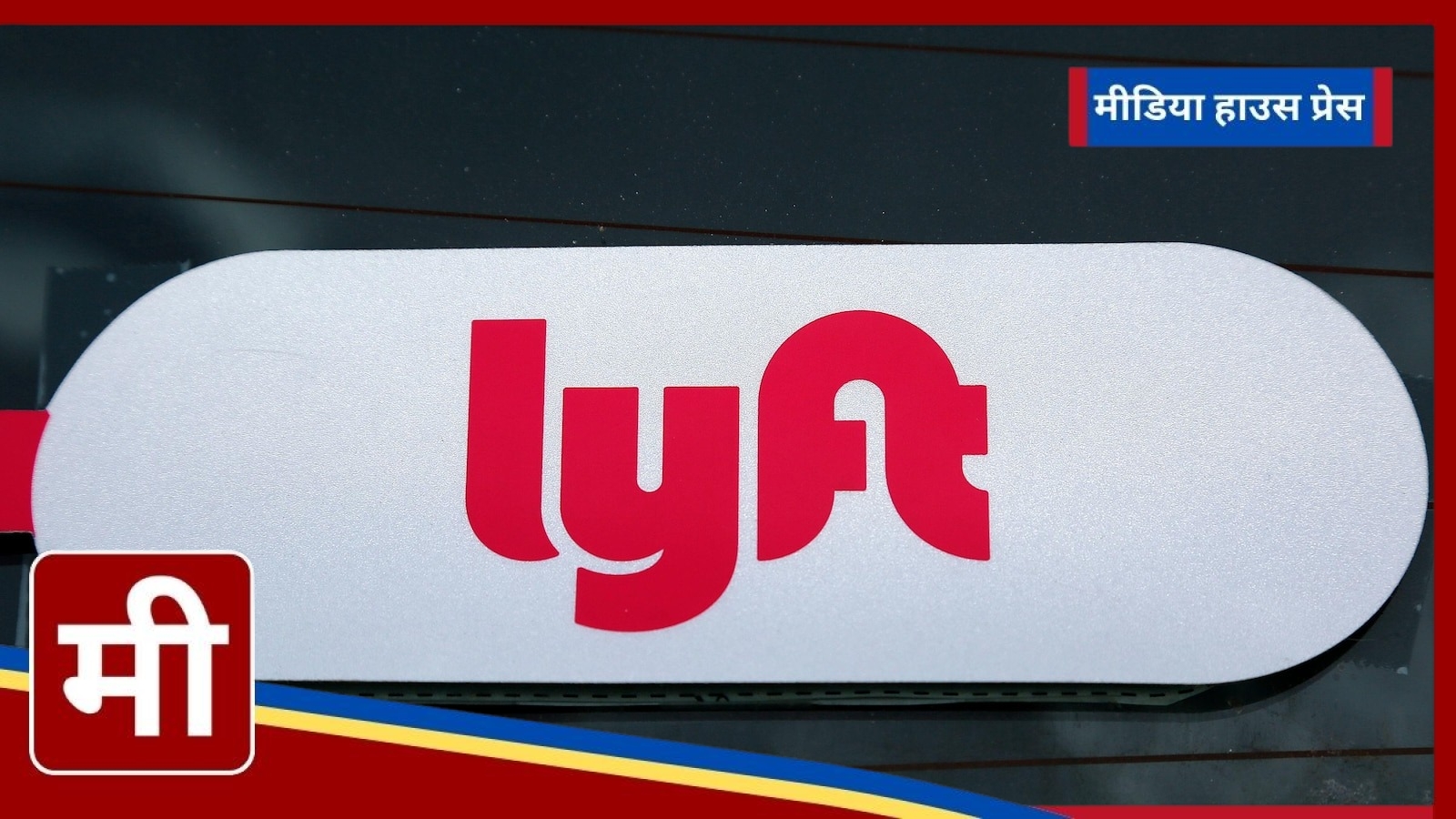Allegations of Exaggerated Earnings Claims
The lawsuit contended that Lyft made inflated claims about driver compensation from April 2021 to June 2022 in major U.S. cities. Lyft advertised that drivers could earn over $40 per hour in cities like San Francisco, Los Angeles, and Boston, and even more—around $30 per hour—in cities such as Atlanta, Dallas, and Miami. However, these figures were based on the earnings of Lyft’s top 20% of drivers, making them unattainable for the vast majority of its driver base. For instance, the claimed hourly earnings in San Francisco reached as high as $44, which were not reflective of the average earnings across the driver network.
Government Scrutiny and Regulatory Oversight
Both the DOJ and the Federal Trade Commission (FTC) have been investigating Lyft’s advertising practices amid evidence suggesting that the company was using increased compensation rates as a lure to recruit more drivers as pandemic restrictions eased and ride-hailing demand began to recover. In addition to the financial settlement, Lyft is also prohibited from engaging in the deceptive practices cited in the lawsuit.
In a statement, Principal Deputy Assistant Attorney General Brian M. Boynton emphasized the DOJ’s commitment to enforcing laws that protect consumers from misleading representations regarding potential earnings in the gig economy. “We will enforce the law vigorously against companies that mislead Americans about their potential earnings,” he said.
Leadership Changes and Corporate Responsibility
Lyft has already begun to change several of the practices cited in the lawsuit under the leadership of CEO David Risher, who joined the board last year. The company acknowledged the importance of transparency in building trust within the communities it serves when announcing the settlement terms with the FTC.
As Lyft continues to navigate the aftermath of this lawsuit, the ride-hailing service is taking steps to ensure that its communications regarding driver earnings are accurate and not misleading. The settlement highlights the ongoing regulatory scrutiny faced by gig economy companies and underscores the importance of accountability in their marketing practices.

